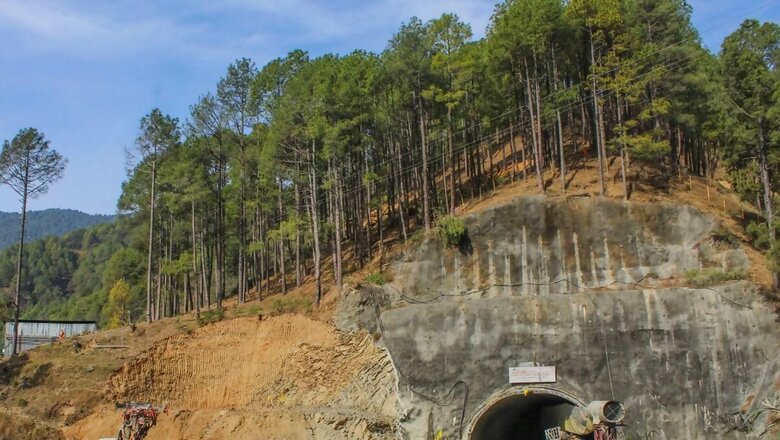
views
Hyderabad-based Navayuga Engineering Company Ltd (NEC), which is constructing the Silkyara-Barkot tunnel in Uttarakhand, a portion of which collapsed last year, purchased Rs 55 crore worth of electoral bonds and donated the entire amount to the BJP, as per data released by the Election Commission.
A total of 41 workers were trapped after a portion of the under-construction tunnel collapsed on November 12, 2023. The workers were rescued on November 28.
The Silkyara-Barkot tunnel project — cleared by the cabinet committee on economic affairs in 2018 — was to be completed in 2022, but its deadline has been extended.
NEC purchased 55 electoral bonds of Rs 1 crore each between April 19, 2019 and October 10, 2022.
Navayuga Engineering, the flagship company of the Navayuga Group, is an engineering and core infrastructure company, according to information posted on the company’s website. The company said it has constructed the Dhola-Sadia Bridge — the country’s longest river bridge — over the Brahmaputra river, spanning a total of 9.15 km. NEC also claimed that it was entrusted with the responsibility of constructing the Polavaram Project by the Andhra Pradesh government.
As per the NEC’s website, it is responsible for many iconic projects, including bridges over the Ganga, the Quazigund to Banihal Highway project to ensure all-weather connectivity to north Kashmir through Pir Panjal Pas, a road prone to closure due to severe weather conditions.
The Silkyara-Barkot tunnel is a single-tube tunnel divided into two inter-connected corridors by a partition wall. Each inter-connector corridor can work as an escape passage for the other.
The 4.5 km tunnel project in Uttarakhand, which is part of the Centre’s 900 km Char Dham Yatra All Weather Road, aims to improve connectivity to the four pilgrimage sites. A query sent to Navayuga Engineering did not elicit any response.
The electoral bond scheme was announced by then Finance Minister Arun Jaitley in his Budget speech of 2017-18, pitching it as an alternative to cash donations made to political parties as part of efforts to bring transparency to political funding.
Under the scheme, the name of the donor is known only to banks. Electoral bonds are encashed by an eligible political party only through a bank account with the authorised bank.
However, the Supreme Court in February directed State Bank of India, which was the designated lender for issuing these bonds, to disclose details of each electoral bond encashed by political parties.
While directing SBI, the Supreme Court also annulled the electoral bonds scheme for political funding, saying it violates the constitutional right to freedom of speech and expression and the right to information.












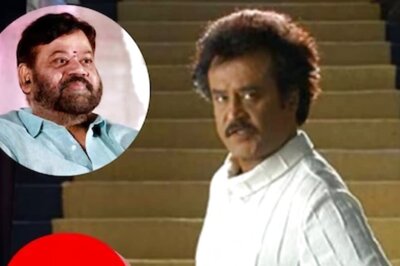
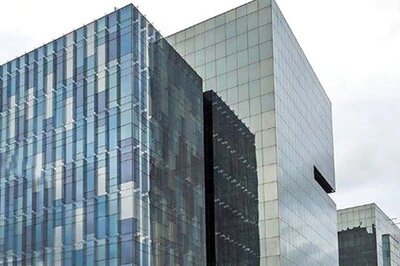




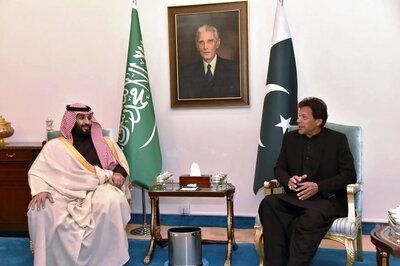
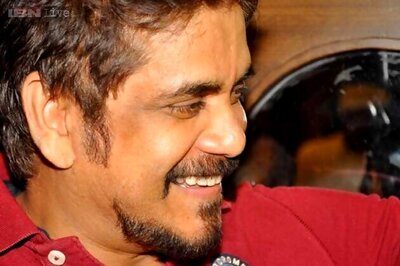
Comments
0 comment